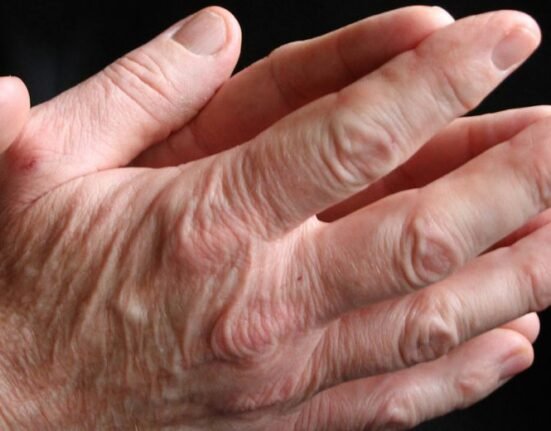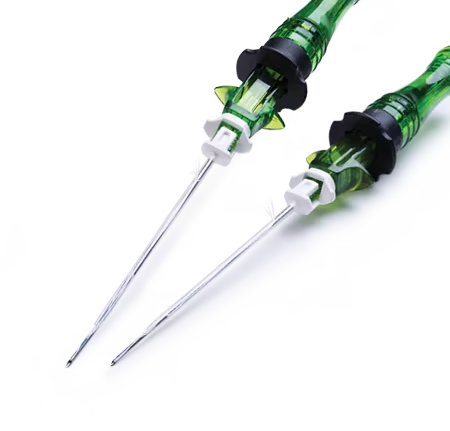HQ Team
April 27, 2025: Johnson & Johnson’s investigational treatment to help people with a specific type of early-stage bladder cancer has shown 80% of the patients to be free of cancer for up to nine months, and 94% were able to avoid surgical removal of the organ after a year of follow-up.
A total of 52 patients with Bacillus Calmette-Guérin (BCG)-unresponsive, high-risk non-muscle-invasive bladder cancer (HR-NMIBC) with papillary-only disease were enrolled in the TAR-200 study, which “shows the potential of TAR-200 as a meaningful alternative to surgery.”
“A majority of patients remained free of cancer recurrence during this critical early study period, highlighting the potential of TAR-200 as a highly effective treatment for these patients who may have limited options beyond bladder removal,” said Félix Guerrero-Ramos, MD, PhD, FEBU, Head of Uro-Oncology at Hospital Universitario 12 de Octubre, Madrid, Spain and presenting author.
“As we continue monitoring patients through the 12-month mark and beyond, our focus remains on assessing TAR-200’s long-term efficacy in maintaining disease-free survival and improving outcomes for this high-risk patient population.”
Top ten cancers
Bladder cancer ranks among the top ten most common cancers worldwide, affecting nearly a million people each year. Despite advancements, the standard of care has remained largely unchanged for over 40 years, leaving patients with limited treatment options if initial BCG therapy does not work.
The standard next step in BCG therapy is to remove the bladder entirely- a major surgery that greatly affects quality of life. TAR-200 offers a potential alternative that could control the cancer without needing surgery, helping patients keep their bladders.
The TAR-200 device stays inside the bladder and releases cancer-fighting drug gemcitabine slowly throughout the day, which may help it better penetrate bladder tissues and fight cancer cells more effectively than traditional treatments that only stay in the bladder for a short time.
This sustained delivery could lead to longer-lasting cancer control. The device is placed inside the bladder during a quick outpatient procedure that doesn’t require anaesthesia and doesn’t interfere with daily life.
‘Safe, well-tolerated’
The treatment was generally safe and well-tolerated, with mostly mild side effects like temporary bladder discomfort or urgency.
The FDA has recognised TAR-200 as a promising new therapy and granted it a special ‘Breakthrough Therapy’ status to speed up its development for patients with few other options.
HR-NMIBC is a type of non-invasive bladder cancer that is more likely to recur or spread beyond the lining of the bladder, called the urothelium, and progress to muscle-invasive bladder cancer compared to low-risk NMIBC.
‘Removal of bladder’
“Surgical removal of the bladder has long been the standard of care for patients suffering from BCG-unresponsive HR-NMIBC with papillary-only disease, a life-altering procedure that drastically impacts a patient’s quality of life,” said Christopher Cutie, MD, Vice President, Disease Area Leader, Bladder Cancer, Johnson & Johnson Innovative Medicine.
“These results demonstrate that TAR-200 can be a meaningful alternative to surgery that is both effective and well-tolerated while preserving the bladder.”








